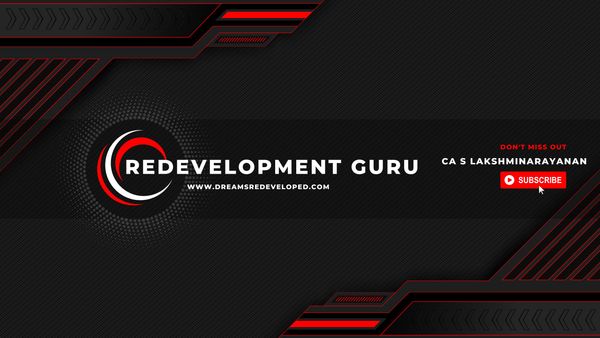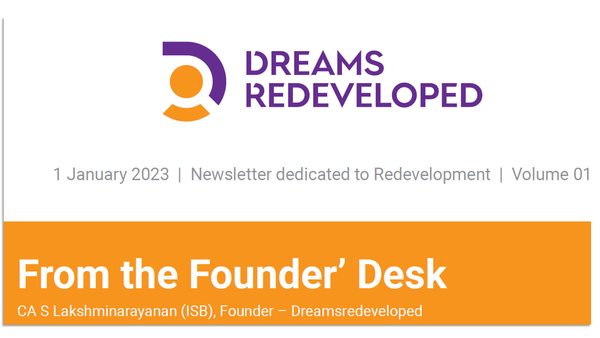Poker and Redevelopment: A Game of Skill, Luck, and Strategy
As an avid Poker enthusiast – learning and playing poker along the way with my four year experience with Redevelopment, I thought Redevelopment, much like poker, involves a delicate balance between skill and luck, strategic decision-making, and multiple variables that affect the outcome. In both scenarios, different players come together, each with unique stakes and approaches, working towards the ultimate goal of winning, whether that means securing a profitable redevelopment or a winning hand in poker.
1. Game of Skill and Luck
In poker, players must carefully analyze their hand and the behavior of others at the table, relying on both strategic skill and a bit of luck. Similarly, in redevelopment, stakeholders such as societies, developers, and service providers must navigate a complex set of factors, from legal regulations to market dynamics. Skill comes into play in understanding these variables, negotiating deals, and predicting market shifts, but luck can be a factor in external events—like a sudden policy change or an economic downturn—that can either boost or derail a project.
2. Multiple Variables to Play With
Poker involves multiple variables: the strength of your hand, the cards on the table, and the behavior of your opponents. Redevelopment is no different, with variables such as land ownership, financial planning, legal clearances, and market demand all influencing the success of the project. Just as poker players have to read the table, project stakeholders must carefully assess each aspect of the redevelopment process, from financing options to construction timelines. Misjudging any of these variables can lead to losses or delays.
3. The Players
In poker, you face opponents, each trying to maximize their own gain. In redevelopment, the players are:
- The Dealer (the Project): The project itself sets the stage, much like how the dealer deals the cards. The project comes with its own characteristics, including location, size, and potential, all of which dictate how the "game" plays out.
- The Society: Representing the homeowners, the society acts like a player with a vested interest in the outcome but also needs to negotiate favorable terms. They want to ensure they get maximum benefits from the redevelopment deal.
- The Developer: Similar to a poker player looking for the win, the developer has to balance the cost of redevelopment, regulatory compliance, and the future market. They aim for a profitable return, yet must satisfy the demands of the society and manage the budget.
- Service Providers (Architects, Lawyers, etc.): These are the players who act like supporting cards, helping shape the outcome of the project by providing expertise. The architect may envision the building, while the lawyer ensures legality, and a financial consultant ensures that the project remains financially viable.
4. The Bluff
In both poker and redevelopment, bluffing can happen. A player in poker may bluff about the strength of their hand, while in redevelopment, a stakeholder may bluff by overpromising on delivery timelines or amenities to win over the society or other players. However, just as in poker, such bluffing in redevelopment can have consequences—if uncovered, it can result in loss of trust and possible project failure.
5. Winning the Game (The House Needs to Win)
In poker, the house always takes a cut, but ultimately, a win for a player is when they secure the best hand and maximize their returns. Similarly, in redevelopment, the "house" needs to win. The project itself must be financially viable and beneficial for all players, including the society, developer, and service providers. A successful redevelopment ensures that homeowners gain modern, upgraded homes, the developer makes a profit, and the entire community benefits from the improved infrastructure and amenities.
Conclusion
Both poker and redevelopment require an acute awareness of the variables, a mix of strategy, negotiation, and sometimes a bit of luck. While each player has their own goals, the ultimate victory in redevelopment is ensuring that the project itself is a success—just as in poker, where the hand that wins is the one that balances the odds, skill, and intuition.
In redevelopment, the real skill lies in ensuring that all parties—society, developer, and service providers—work together harmoniously, each taking calculated risks, to ensure that the final outcome benefits the entire community.



